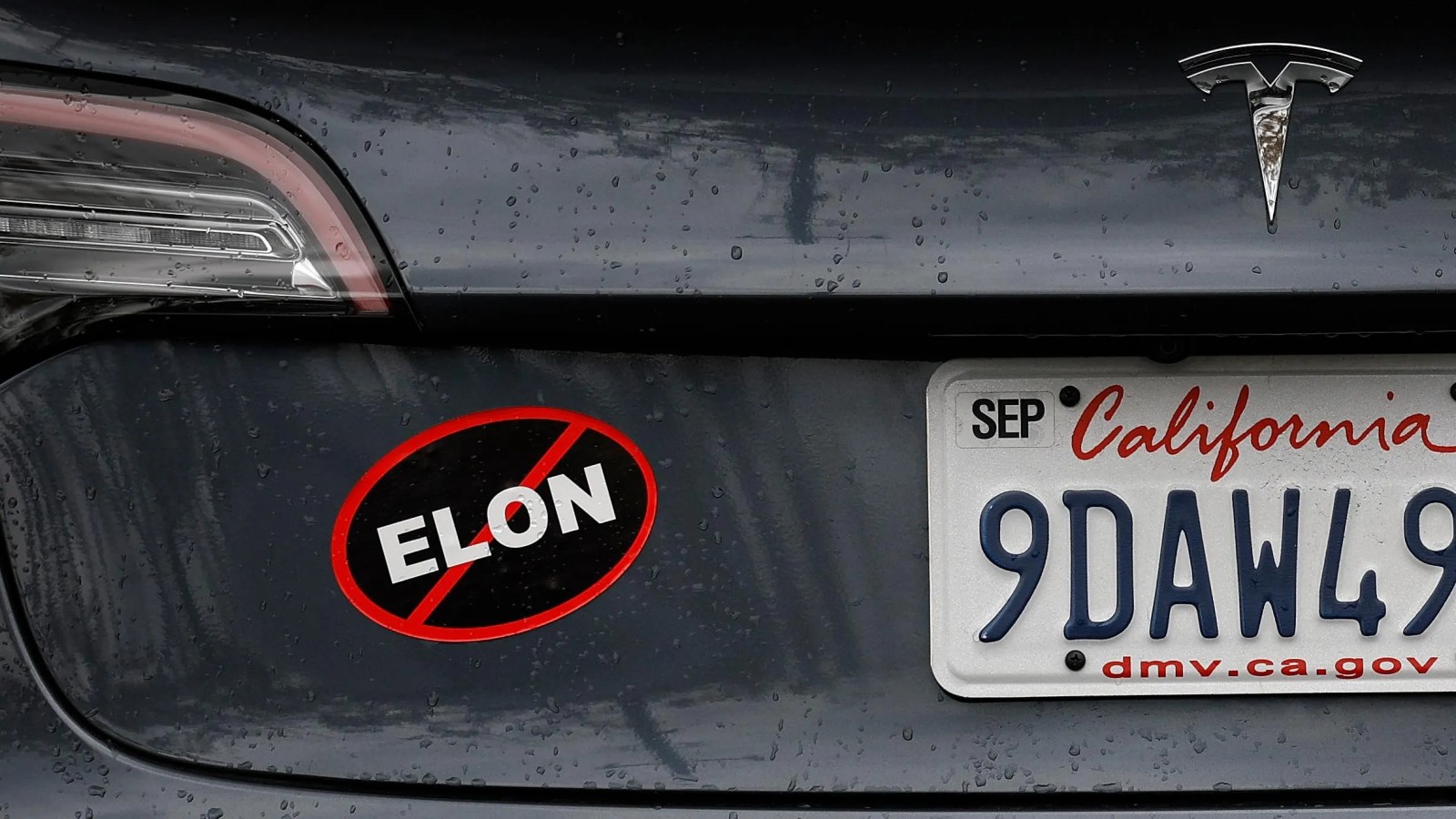Moveworks has crossed $100 million in annual recurring revenue, a milestone that many hyped AI startups have not yet reached.

Bhavin Shah, CEO and cofounder of Moveworks, says the company aims to build an AI tool that becomes a “single place where all employees can go ask questions, search and get help.”
Moveworks
When ChatGPT launched in November 2022, company executives scrambled to figure out how to use generative AI systems to make their businesses run more efficiently. Now, after what seems like a marathon of flashy demos and announcements, they’re eager to cut through the hype and roll out tools that actually trim costs and offer a real return on investment.
Bhavin Shah, CEO and cofounder of conversational AI platform Moveworks claims that his company helps enterprises do just that. Moveworks’ AI tool automatically completes monotonous tasks like troubleshooting IT issues and submitting PTO requests and helps employees quickly search through company documents like contracts, files, workplace policies and calendars. In doing so, Shah claims the company has helped enterprises save millions of dollars by freeing up teams who can devote less time to fielding answers to basic questions and work on more important projects.
By automating the more mundane parts of HR and IT jobs, the company is seeing a scale of revenue growth that is rare among some of the most high profile generative AI startups today. Moveworks announced Tuesday that it has crossed $100 million in annual recurring revenue (ARR), a calculation of revenue for the next 12 months based on current monthly subscriptions and contracts.
Moveworks’ revenue success comes as buzzy AI companies amass towering valuations while revenues remain fairly dwarfed in comparison. Large language model builder Cohere, valued at $5.5 billion, was generating $22 million in ARR as of July 2024, The Information reported. Enterprise AI search tool Hebbia, which is valued at $700 million, was making $13 million in ARR as of July, according to Techcrunch.
Meanwhile, Moveworks, a fairly lesser-known name in the AI space, is used by some 5 million employees at over 350 companies like Hearst, GitHub, Toyota and Salesforce. Their employees ask the chatbot questions like “How much can I spend if I take the team out for dinner?” and “If I have enough vacation time, can you book the week after Thanksgiving for me?” The AI system, which lives in Slack or Teams, connects with external tools like Workday, ServiceNow, ADP and Microsoft, so that employees can scrounge for information that’s stored across different applications.
Founded in 2016, Moveworks is valued at $2.1 billion and has more than $300 million in venture capital from marquee backers like Lightspeed Venture Partners, Bain Capital Ventures and Kleiner Perkins. The company got its start by building a tool that automatically completed everyday tech support chores like resetting passwords, ordering a new laptop or providing access to programs or folders. Initially, Moveworks used statistical machine learning models for its chatbot and was one of the first companies to incorporate Google’s BERT model, a natural language processing model based on transformers, the technological breakthrough that birthed generative AI tools like ChatGPT.
But post-ChatGPT, company executives started realizing that their employee service chatbots felt “ancient” in comparison, Shah said. Arif Janmohamed, partner at Lightspeed Venture Partners who led Moveworks seed round in 2016, said the launch of ChatGPT was a “wake up call for all enterprises across the world.”
The explosion of generative AI sparked new momentum for Moveworks, doubling the company’s customer base in the past 18 months, Shah said. The software is now built on “dozens” of large language models like OpenAI’s GPT-4o, Meta’s Llama 3.1 as well as its own model, “MoveLM.” It’s trained on AI-generated “synthetic datasets” built from 14 million employee-chatbot conversations, 500 million support tickets and 400,000 web pages with enterprise-related information like how-tos and frequently asked questions — all of which were anonymized and annotated before being ingested by an AI model.
As companies pile into the space, Moveworks now competes with a burgeoning slate of rivals that include $4.6 billion enterprise AI search tool Glean and Writer, which is valued between $500 million and $700 million and is building a full-stack generative AI platform for enterprises. Giants like Salesforce and Microsoft have also launched their own AI agents for automating tasks like identifying leads and writing code.
Shah says there’s a challenge in building a system that understands the unique characteristics of each enterprise. For instance, the tool should be able to detect the consonant-filled acronyms commonly used by defense contractors, and not get confused and think it’s someone “jamming on the keyboard.” It should also be able to appropriately respond to prompts like “where’s Michael Jackson?”, recognizing that Michael Jackson is probably the name of a conference room and not a person.
“AI companies who haven’t reached scale are yet to find out that it won’t work unless you actually tackle all of these gritty, ugly, messy problems because that’s actually what makes the world work,” he said.
This article was originally published on forbes.com and all figures are in USD.


